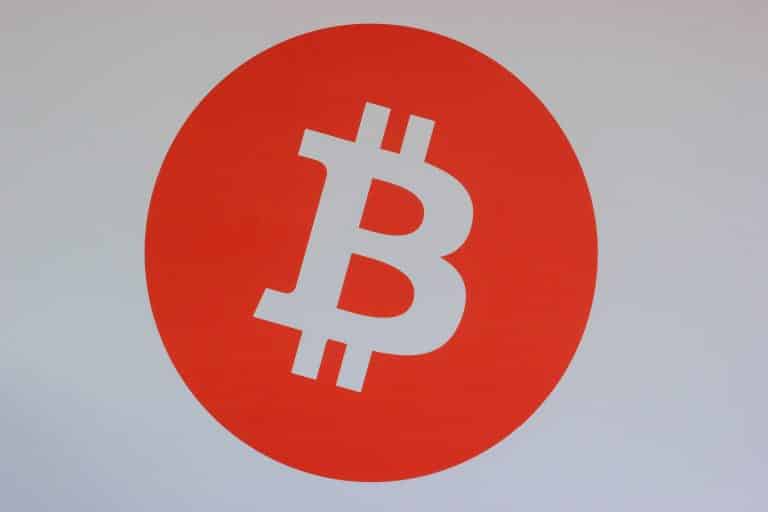At one point last year, the Indian government came dangerously close to placing a blanket ban on cryptocurrencies. An amendment to the same law has been proposed ahead of this year’s Union Budget. However, things have altered considerably in the last 12 months, and it appears that the finance ministry has abandoned the goal of outlawing cryptocurrencies altogether.
According to a report published by the Economic Times, the government is reportedly contemplating classifying cryptocurrencies as digital assets and enacting rules to protect investors’ interests.
In India, cryptocurrencies are still legal, but they are not regulated. As a result, investors are more prone to frauds and fraud. The cryptocurrency sector has been advocating for more inclusion, with a small number of voices even calling on the government to declare cryptocurrency official cash. However far-fetched that scenario may appear to be, the study says that the administration is attempting to establish a middle ground that “balances the interests of all parties.”
The Indian government believes that huge amounts of investments in cryptocurrencies have been made by Indian investors, and so feels that cryptocurrencies should be outright banned. For example, Bitcoin and Ethereum have grown quite popular in the nation, and young people have expressed a strong interest in alternative cryptocurrencies such as Shiba Inu and Dogecoin.
The government is currently working on drafting a Crypto Bill that would be effective in the digital world and would run in parallel with technical advancements in the digital sector. According to the report, a thorough conversation was held, and a presentation was made to politicians in attendance. This addressed all of the advantages and disadvantages of cryptocurrency. It also included information on the regulatory methods employed by other nations, as well as the amount of money invested by Indian merchants in digital currencies of this nature.
As a result of the bill’s introduction and subsequent passage via the Parliament, Bitcoin and other cryptocurrencies will be classified as digital assets rather than legal money. That is to say, while you will still be able to invest in cryptocurrency and keep onto it for extended periods of time, these digital coins will not be able to replace the Indian rupee.
The most crucial restrictions in India may be around who is allowed to generate and trade cryptocurrency. Now, anyone with a functional smartphone or laptop and an internet connection may generate a new coin and begin trading it. Scammers have a lot of room to operate in this environment. In addition, provisions to protect investors from any malfeasance might be included in the legislation. It is expected to be included in the Union Budget for the following year.

